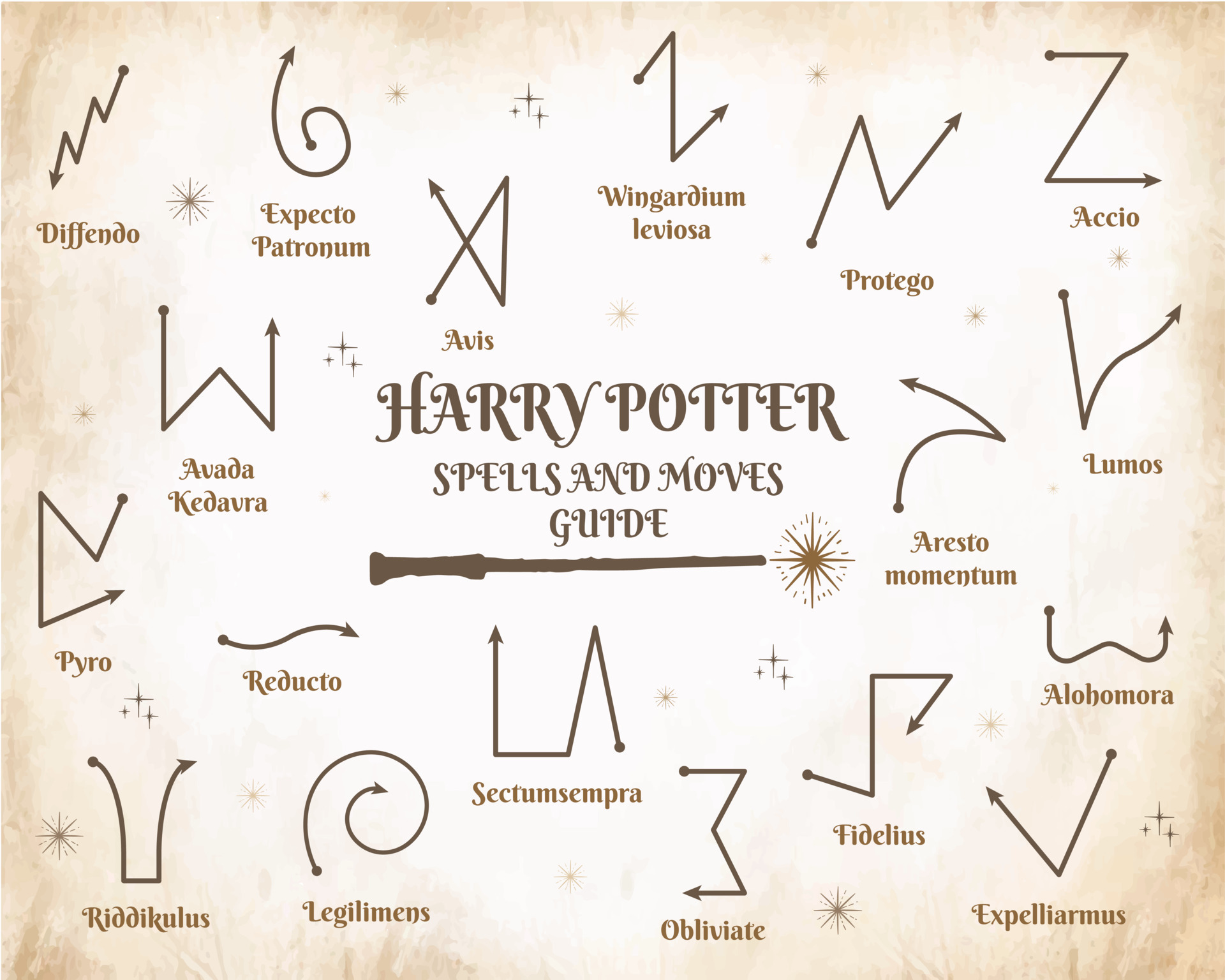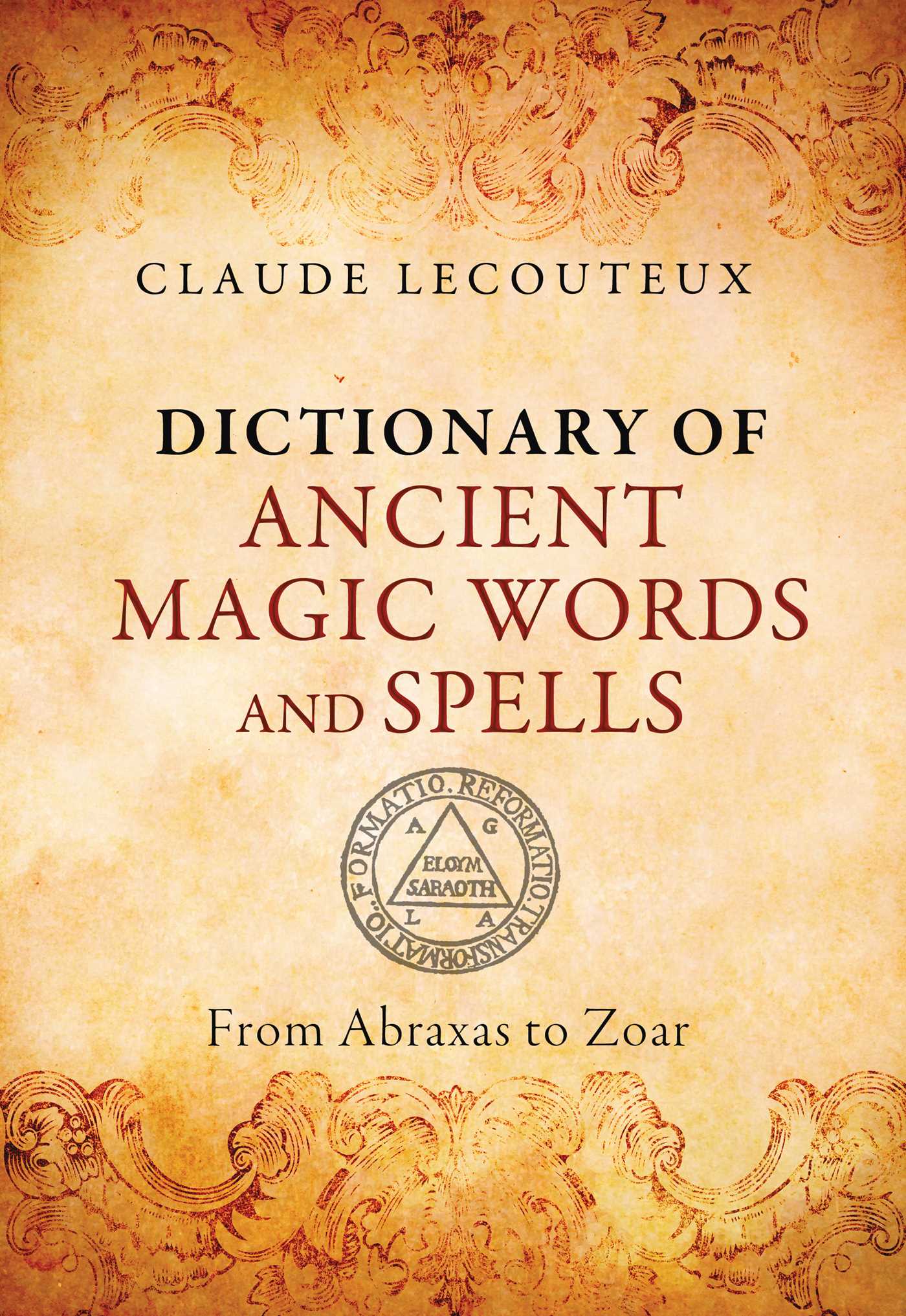Have you ever paused, pen in hand or fingers hovering over the keyboard, and wondered, "How do I spell 'probably'?" You are certainly not alone in that, you know. It is a common moment of hesitation for many, and for a very good reason, too. This particular word, with its slightly unusual sound compared to its written form, can sometimes feel like a bit of a puzzle. We use "probably" all the time to talk about things that are likely to happen or things that are more than likely true, so getting it right truly matters for clear communication.
Thinking about how we spell other words, like "Jessica," which might turn into "yessitsa" in Polish or "Dzesika" phonetically, shows us that sounds and letters do not always line up perfectly. So, with "probably," it's almost the same kind of situation. This guide is here to clear up any confusion and give you some really helpful ways to remember the correct spelling, making sure you feel confident every time you put this word down.
Whether you are writing a quick message, working on something important for school, or just chatting online, knowing how to spell "probably" without a second thought can make your writing feel much smoother and more polished. It's really about making sure your words express exactly what you mean, without any little hiccups along the way, is that not right?
Table of Contents
- Why "Probably" Can Be Tricky to Spell
- Breaking Down the Correct Spelling of "Probably"
- Helpful Ways to Remember "Probably"
- Common Mix-ups and How to Fix Them
- "Probably" in Action: Real-World Examples
- Spelling "Probably" Across English Varieties
- Frequently Asked Questions About "Probably"
- Final Thoughts on Mastering "Probably"
Why "Probably" Can Be Tricky to Spell
The word "probably" often causes a bit of a head-scratch because of how we say it versus how we write it down. When people speak, they often shorten the middle part, so it sounds more like "prob-ly" or even "prob-lee." This shortening in everyday talk can make us forget those letters that are actually there, just sitting quietly in the middle of the word. You know, like how sometimes we say "gonna" instead of "going to," but we would never write "gonna" in formal text, right?
This difference between spoken and written forms is a very common reason why many words can be hard to spell. For "probably," the sound we make tends to drop the second "b" and the "a" in the middle, making it sound simpler than it looks on paper. It's a bit like how some people might say "musician" in a way that sounds slightly different from how it is spelled, but the spelling itself stays the same. So, remembering those silent or softened parts is key, you see.
Another thing that adds to the challenge is that our brains are really good at finding shortcuts. When we hear a word often, our minds sometimes simplify its structure, which can then mess with our memory of its exact spelling. This is actually why words like "dought" might be confusing; their sound does not always give away all the letters. So, knowing this little trick our brains play can help us be more aware when we are trying to spell "probably."
Breaking Down the Correct Spelling of "Probably"
So, let's get right to it: the correct way to spell this word is P-R-O-B-A-B-L-Y. It has three distinct parts, and if you take them one at a time, it becomes much easier to manage, really. Think of it as "prob" then "ab" then "ly." That "ab" in the middle is the part that often gets left out when people are just saying the word quickly, but it's absolutely essential for the written form.
The first part, "prob," is straightforward enough, much like the beginning of "problem" or "probe." Then comes the "ab," which is where many folks tend to stumble. It's a small, two-letter syllable, but it is very important. Finally, we have "ly," which is a common ending for many words that describe how something is done, like "quickly" or "slowly." This breakdown can truly help you visualize each piece as you put the word together.
When you say it out loud, try to really emphasize each part: "PROB-AB-LY." This can help train your brain to remember all the letters that are actually there, even if your usual speaking pattern skips over some of them. It's a simple trick, but it can make a big difference, you know. Just practicing this clear pronunciation can reinforce the visual memory of the correct spelling.
Helpful Ways to Remember "Probably"
Remembering how to spell "probably" can be simpler with a few little tricks. One good way is to think of a phrase that uses the tricky middle part, "ab." You could imagine "Probably, a big lion yelled!" The "a b" from "a big" can remind you of the "ab" in "probably." It's a bit silly, perhaps, but those kinds of memorable phrases often stick with us, right?
Another helpful tip is to write the word out by hand several times. When you physically write the letters, it helps your brain create a stronger memory of the sequence. You can say each part out loud as you write it: "P-R-O-B-A-B-L-Y." This multi-sensory approach, combining seeing, saying, and doing, can really cement the spelling in your mind, actually. Many people find this very effective.
Also, you could try to connect it to other words that have a similar pattern, even if they do not sound exactly the same. While "probably" is pretty unique, recognizing that it has a "prob" beginning and a "bly" ending can help. The key is to focus on that "ab" in the middle. Just a little bit of consistent practice with these methods can make a huge difference in how easily you recall the spelling.
Common Mix-ups and How to Fix Them
The most common way people misspell "probably" is by leaving out the "a" or the second "b," or both. So, you might see "probly" or "probaly." These mistakes usually happen because of how the word sounds when spoken quickly, as we talked about earlier. It's a very understandable error, really, given the way we often shorten words in casual conversation.
To fix these mix-ups, you just need to consciously remember those missing letters. If you find yourself writing "probly," pause and think, "Wait, where's the 'a' and the second 'b'?" Reminding yourself of the "ab" syllable is the primary way to correct this common slip. It's like checking your work after you've written something down, which is always a good idea, you know.
Another less common but still possible mix-up could involve adding extra letters or changing the order, but "probly" is definitely the main one to watch out for. The best fix for any spelling mix-up is always to slow down, break the word into parts, and perhaps even say it out loud slowly, making sure every letter is accounted for. This simple habit can clear up many spelling issues, too, it's almost a guarantee.
"Probably" in Action: Real-World Examples
Let's look at how "probably" shows up in everyday language, drawing from some actual uses. For instance, someone might say, "So to spell it would probably be dzesika even though it looks." Here, "probably" is used to express a strong likelihood about how a name would be spelled phonetically, even if the written form seems different. It shows a degree of certainty mixed with a slight acknowledgment of variation, you see.
Another example could be, "If you are american you probably spell it check, but if you." This highlights how "probably" can point to a common practice or regional difference in spelling, like "check" versus "cheque." It suggests that, more often than not, Americans will use "check." This really emphasizes the word's role in describing what is generally expected or true for a group.
We also see it when discussing possibilities, like, "That is probably the way it would be spelled, although it would be some sort of legal advisory, for example, about someone serving as an advocate without a law degree." Here, "probably" conveys a strong likelihood about a specific wording or spelling, even in a legal context, while still allowing for other interpretations. It's a very useful word for expressing educated guesses or common understandings.
Sometimes, "probably" helps clarify what someone might be thinking. For example, "You are probably referring to the word kiosk, a small stall or booth for service or sales, as in a mall." This use shows how "probably" can be used to make an educated guess about what someone means, based on context or common sense. It's a way of saying, "I think this is what you mean, and it's quite likely."
And when talking about origins, like, "Katherine is of greek origin and probably comes from the greek goddess hecate," "probably" suggests a highly likely source, even if it is not 100% confirmed. This demonstrates its role in conveying strong assumptions or well-supported theories. So, you see, "probably" is a very versatile word, used to express likelihood, common practice, or an educated guess in many different situations, too.
Spelling "Probably" Across English Varieties
One interesting thing about "probably" is that its spelling is quite consistent across different versions of English. Unlike some words that have distinct spellings in British English versus American English, "probably" stays the same. For instance, while Americans typically spell it "check" for a financial document, and British people spell it "cheque," "probably" does not change. That's actually pretty convenient, is that not?
The text mentions, "The spelling probably is the same in british english as in us english." This is a helpful piece of information because it means you do not have to worry about regional variations when you are writing this particular word. Whether you are writing for an audience in London, New York, or Sydney, the spelling "P-R-O-B-A-B-L-Y" remains the correct one. This consistency takes away one potential source of confusion, which is really nice.
So, while you might need to adjust other spellings depending on your audience's location, you can be confident that "probably" will always be spelled the same way. This makes it a bit simpler to remember, as there is only one correct form to learn, no matter where you are communicating. It's just a little less to think about when you are putting your thoughts down on paper or screen, you know.
To learn more about common spelling challenges on our site, and link to this page .
Frequently Asked Questions About "Probably"
Is it "probly" or "probably"?
The correct spelling is "probably." While many people say "probly" in casual speech, especially when speaking quickly, that shortened form is not the right way to write it. The full word includes the "a" and the second "b" in the middle, making it "P-R-O-B-A-B-L-Y." It's a common confusion, but remembering that extra syllable is key.
Why is "probably" so hard to spell?
"Probably" is often hard to spell because its pronunciation in everyday conversation often differs from its written form. When spoken, the middle "ab" sound is frequently reduced or dropped, making the word sound shorter than it looks. This phonetic difference can make it tricky to remember all the letters that are actually present in the word.
What are some tips to remember how to spell "probably"?
A good tip is to break the word into parts: "prob-ab-ly." Focus on remembering the "ab" in the middle, as this is the most commonly missed part. You can also try saying the word slowly and clearly, emphasizing each syllable, or even creating a silly phrase like "Probably, a big banana!" to help you recall the "ab" sound. Writing it out multiple times can also help cement the spelling in your memory, too.
Final Thoughts on Mastering "Probably"
Getting "probably" right really comes down to paying a little extra attention to those parts that get softened when we speak. It's a word we use all the time to talk about what is likely, what is common, or what we think is true, so spelling it correctly makes your messages clearer and more polished. Just a small effort to remember that "ab" in the middle can make a world of difference, you know.
Think about how much more confident you will feel when you write, knowing that you have mastered this common but sometimes tricky word. It is a very satisfying feeling to know your writing is accurate. So, keep practicing those little tricks, like saying it slowly or breaking it into parts. Every time you spell it correctly, you are strengthening that memory, actually.
Remember, clear communication is always important, and correct spelling is a big part of that. The word "probably" itself shows up in all sorts of contexts, from talking about how a name might be spelled to discussing common practices, as we have seen. So, mastering it is a valuable step for anyone who wants to write well. For more insights into English spelling, you might find resources like the Merriam-Webster Dictionary very helpful, too.



Detail Author:
- Name : Ms. Lavada Huel
- Username : anderson.dario
- Email : rebert@schultz.com
- Birthdate : 1988-05-05
- Address : 500 Filomena Trail Apt. 021 Port Hassiebury, GA 96482
- Phone : +1.603.509.8405
- Company : Ernser Inc
- Job : Urban Planner
- Bio : Ut error quas qui sunt aperiam tempore. Occaecati perspiciatis neque corporis in omnis. Aut optio occaecati sunt sapiente repudiandae odit velit.
Socials
facebook:
- url : https://facebook.com/jerrell_dev
- username : jerrell_dev
- bio : Atque blanditiis doloremque est at.
- followers : 921
- following : 345
tiktok:
- url : https://tiktok.com/@jerrell_hilpert
- username : jerrell_hilpert
- bio : Unde sequi veniam aut sed et nemo ab.
- followers : 3411
- following : 154

